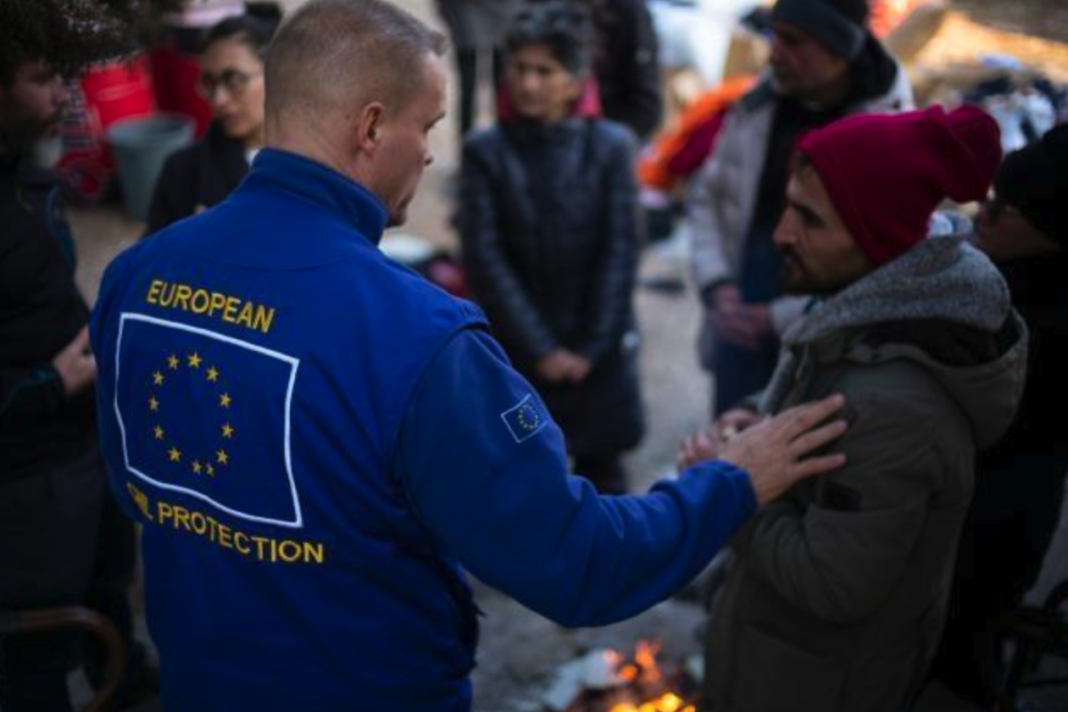Brussels can avoid the politicisation of its aid in Turkey and Syria by ensuring its funds reach local authorities and civil society actors. By Hürcan Asli Aksoy in The Parliament Magazine on March 30, 2023
The two powerful earthquakes that struck Turkey and Syria on 6 February 2023 have scarred an already vulnerable region. The high death toll and the immense physical damage are devastating. More than half a million people were rendered homeless and left to survive in cold winter conditions. It is, simply put, a calamity.
Turkish President Recep Tayyip Erdoğan has vowed to rebuild the disaster zone within a year – an ambitious aim. For its part, the European Union has promised to provide emergency humanitarian assistance worth €3m to Turkey, with an additional €3.5m earmarked for Syria.
To avoid the politicisation of its aid in both countries, the EU should ensure its funds reach local authorities and civil society actors wherever possible. This will require a strict monitoring of the budget.
The Turkish authorities’ slow response and incompetence caused great disappointment to the population. The ineffectiveness of rescue operations and relief efforts is seen as the consequence of the excessive centralisation of power at the hands of President Erdoğan.
While the presidential system, introduced in 2017, was supposed to allow for faster decision-making, it failed to do so.
The Disaster and Emergency Management Authority (AFAD) in Turkey was unable to fully leverage the capabilities of local stakeholders. Instead, civil society groups and loosely organised citizens were much more effective in bringing humanitarian and material aid such as food, basic goods and shelter.
Furthermore, public support and fundraising have been directed at civil society organisations, rather than state institutions.
Given this situation, the EU has two ways to channel its aid. First, the bloc can engage in reconstruction efforts by cooperating directly with local governments that have first-hand knowledge of their community’s social, economic, infrastructure and environmental needs; they can more easily guide local activities than the national government.
Secondly, the EU institutions should closely cooperate with civil society since they are crucial in delivering humanitarian responses quickly and improving the performance of local governments and reducing risk by strengthening governance and accountability.
However, financial assistance from the EU could likely be presented as a triumph for the Turkish government. Given the upcoming elections, which are sure to be contentious, European leaders should focus on humanitarian aid, rehabilitation and reconstruction, and avoid politicising their support in any way.
The earthquake has added insult to injury to the suffering of the population in north-western Syria. While international aid is flowing into Turkey without hindrance, the aid to Syria is hampered by sanctions. According to the local activists, people are struggling desperately with cold winter temperatures, as well as food and fuel shortages.
Western powers need to rethink the sanctions regime. The EU is hesitant to do so because Syrian President Bashar al-Assad has misused humanitarian aid in the past.
Moreover, if the sanctions are removed, Damascus could create the impression that Syria has achieved political normalisation.
But just as the United States issued a six-month waiver, the EU can partially lift sanctions on exports and money transactions related to the earthquake for a limited time. But the bloc should carefully monitor where the cash flows to Syria are actually going.
By Hürcan Asli Aksoy in The Parliament Magazine on March 30, 2023
Hürcan Asli Aksoy is the deputy head of the Centre for Applied Turkey Studies at SWP Berlin.

